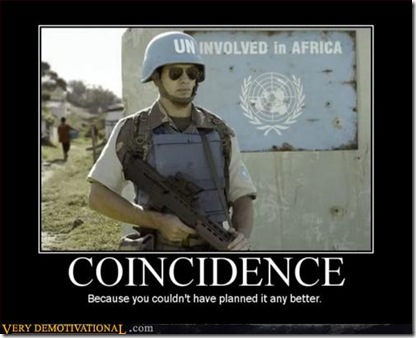A new book from the co-Director of the Future of the UN Development System (FUNDS) project (can't believe they didn't call it the "FUN" project). Mark Malloch-Brown (former UN deputy-secretary-general and UNDP administrator) says;
One of the inputs to the book is a global perceptions survey of the UN system, summarised thus:
"There is no better compilation of insights about the UN’s lack of cohesion, growing turf battles, declining capacity, clumsy implementation, and cooptation by bilateral and private interests of the family of organizations that calls itself—somewhat awkwardly—the UN development system."Ouch.
One of the inputs to the book is a global perceptions survey of the UN system, summarised thus:
Four views emerge across the survey:
• The UN’s development functions are less crucial than such other functions as security, humanitarian action, and setting global norms with teeth.
• The UN’s development organizations are still mostly relevant, but some are not particularly effective.
• The World Health Organization (WHO) and UNICEF consistently receive the highest rankings among operational agencies; regional commissions receive the lowest rankings.
• The UN faces two major institutional challenges: poor internal organization and the predominance of earmarked funding.What the survey misses, and what is really crucial, is that what we should care about is not just the effectiveness of organisations but the cost-effectiveness, or value for money. Houses in London are "effective" at keeping people dry, but they aren't exactly great value for money from a cost per square metre perspective.



